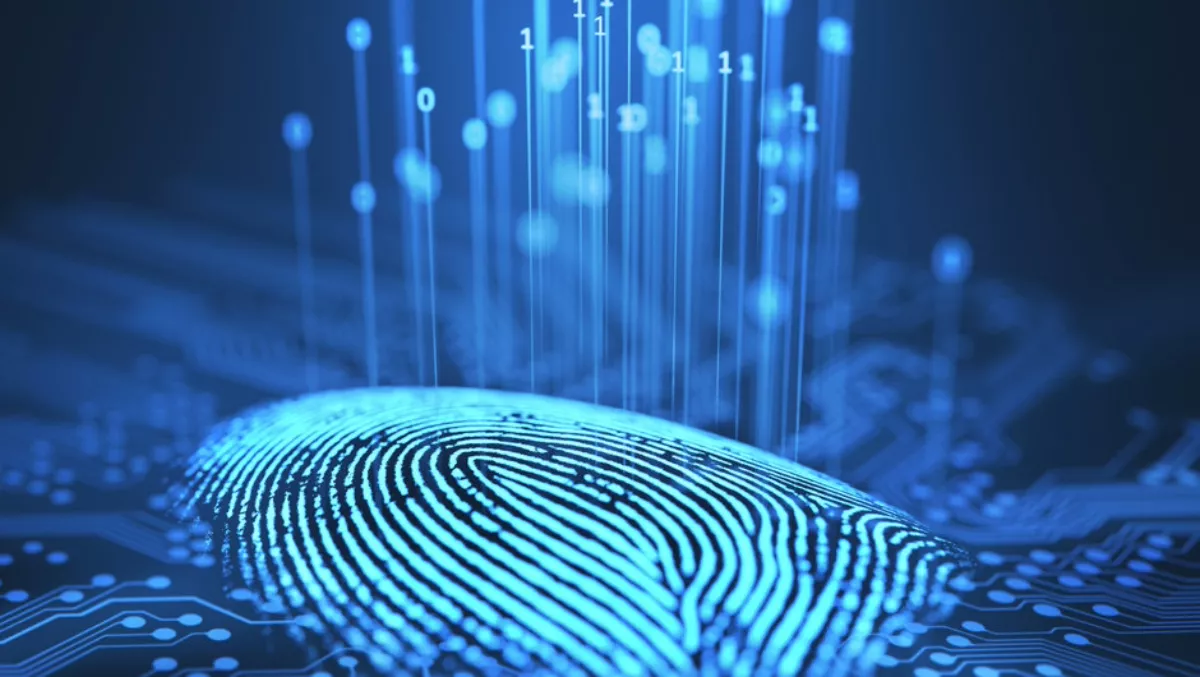Artificial intelligence (AI) and biometrics are two of the most rapidly evolving fields in technology. AI has enabled machines to learn and make decisions like humans, while biometrics has revolutionized the way we authenticate ourselves. Together, they have created a new technology called Artificial Biometrics.
Artificial Biometrics combines the power of AI with biometric data such as facial recognition to create a new level of security and authentication. It has the potential to replace traditional authentication methods such as passwords, PINs, and security tokens.
Facial recognition is a common form of biometrics used in Artificial Biometrics technology. It involves using AI algorithms to analyze a person's facial features and match them to a pre-existing database of images. This can be used for a variety of purposes, such as unlocking a smartphone or accessing a secure facility.
One of the biggest advantages of Artificial Biometrics is its accuracy. Unlike traditional authentication methods that rely on something the user knows (like a password), or something the user has (like a security token), biometric data is unique to the individual. This makes it much more difficult for someone to impersonate or steal another person's identity.
However, as with any new technology, there are also concerns about privacy and security. Some worry that biometric data could be stolen or misused, leading to serious consequences for individuals. Others worry about the potential for biases in AI algorithms used in facial recognition technology.
Despite these concerns, the potential benefits of Artificial Biometrics are too great to ignore. It has the potential to greatly enhance security and authentication in a variety of industries, from banking and finance to healthcare and government.
In conclusion, Artificial Biometrics represents an exciting new frontier in technology. By combining the power of AI with biometric data such as facial recognition, it has the potential to revolutionize the way we authenticate ourselves and improve security across a variety of industries. However, it's important to proceed with caution and address concerns around privacy and security as this technology continues to evolve.

